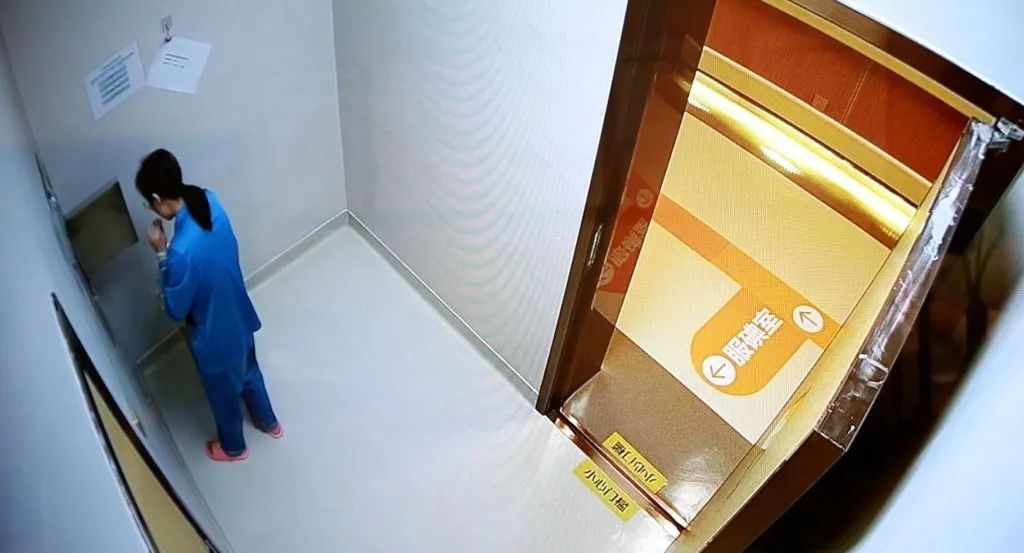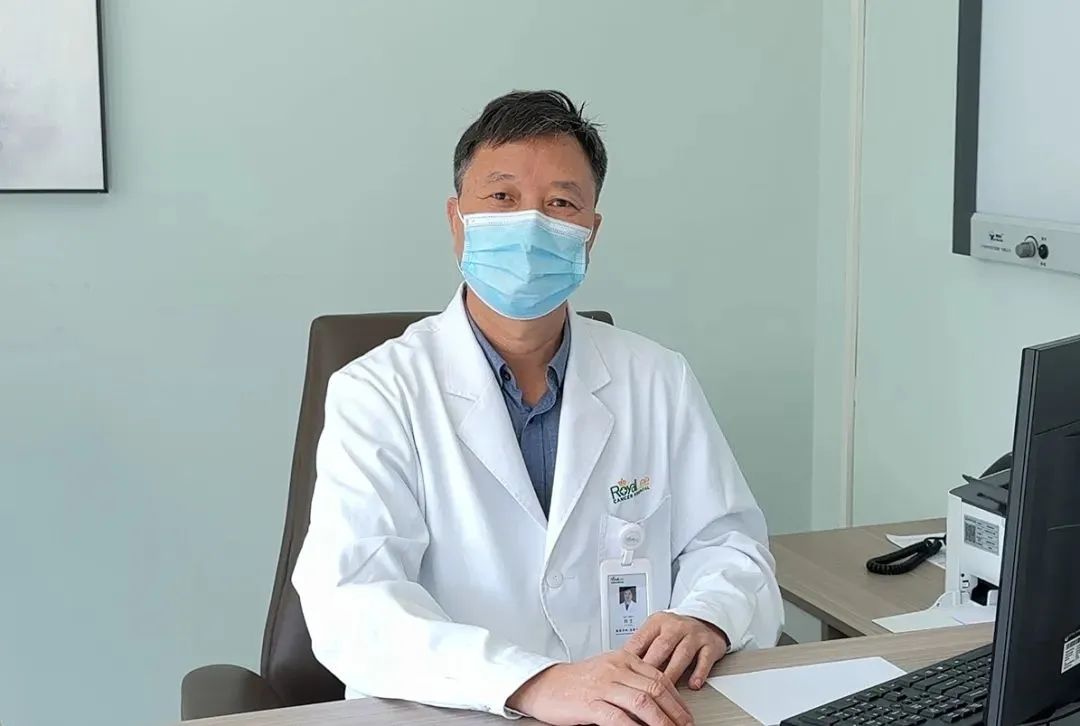On November 1, 2023, our Nuclear Medicine Department's Radionuclide Ward welcomed its another patient to receive iodine-131 treatment for differentiated thyroid cancer at Guangzhou Royal Lee Cancer Hospital. The patient successfully completed the treatment and was discharged on November 3.

The patient takes medicine in the iodine room

This marks a significant milestone as the successful iodine-131 treatment for thyroid cancer at our hospital. It also marks a significant milestone as well.
Principle of Iodine-131 Treatment for Differentiated Thyroid Cancer
The method of iodine-131 treatment involves orally taking iodine-131 solution or capsules, which then enter the bloodstream through the digestive system. This targets and accumulates in the residual thyroid cells and remaining thyroid tumor cells. The decay emits β-rays that cause edema, degeneration, and necrosis of the target cells, effectively destroying the residual thyroid tissue and cancer lesions, thereby reducing the risk of tumor recurrence and metastasis. The average range of beta rays in tissues is less than 1 mm, and almost all energy is released within the residual thyroid tissue or metastatic lesions, resulting in minimal impact on surrounding normal tissues and organs.

Dr. Liu at RoyalLee Cancer hospital
Technical Advantages
- Precision: β-rays precisely eliminate residual thyroid tissue and cancer lesions.
- Safety: Minimal impact on surrounding normal tissues and organs.
- Convenience: Oral medication eliminates the need for additional surgical procedures.
Looking ahead, Guangzhou Royal Lee Cancer Hospital will continue to adopt cutting-edge technologies, optimaze the entire patient experience and provide the best care to safeguard the health of the community.


 (+86)18613012387
(+86)18613012387 info@royallee.cn
info@royallee.cn EN
EN CN
CN TH
TH IDN
IDN  AR
AR


